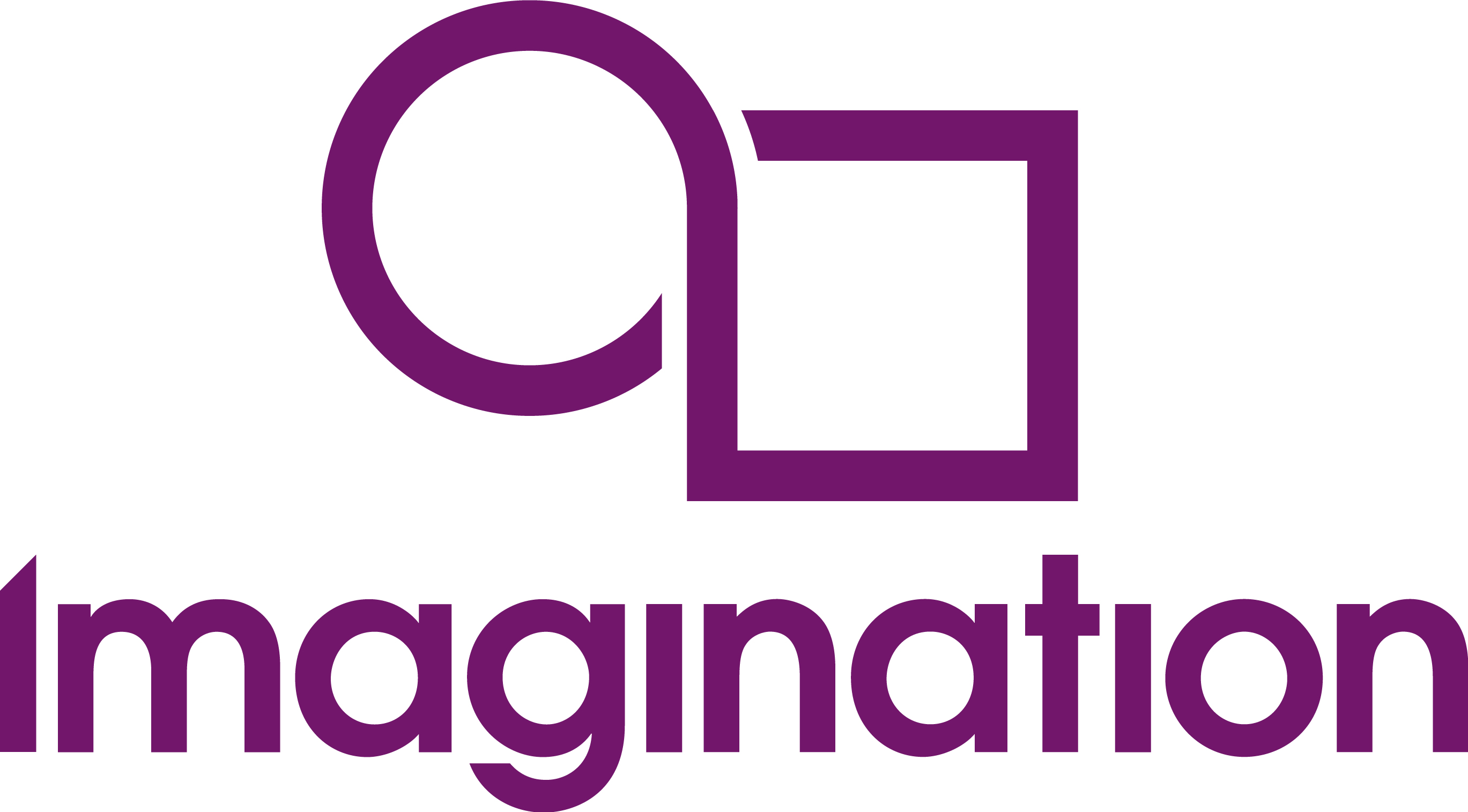20 October
12pm, LT308 Huxley

| Title: | Parallax and the Impossibility of Implementing Floating-Point Polynomials |
|---|---|
| Abstract: | Graphics cores can process billions of triangles a second, they use floating-point arithmetic to perform the necessary geometric calculations. Floating-point error is notoriously hard to control and such errors can result in catastrophic visual artefacts. You would think it would be easy to correctly calculate if a light ray intersects a triangle. Unfortunately not. Such basic tests require the accurate evaluation of polynomials in floating-point - which is very hard. This talk will explain which polynomials can be accurately implemented and which can’t – where upping the ante even to quad precision won’t help you. The talk will conclude with a brief overview of the tool “Parallax” created in conjunction with Imperial, which attempts to solve this problem. |
| Speaker Details: | Dr Theo Drane Dr Drane, started his career working for the Datapath consultancy Arithmatica in 2002 after completely a Mathematics degree from the University of Cambridge. He moved to Imagination Technologies in 2005 where his interests were datapath optimisation, verification and validation. After a two year sabbatical to work for an independent financial data provider, Markit, he returned to Imagination to head up their Datapath group while studying for a PhD in conjunction with Imperial College London’s Electrical and Electronic Engineering Department. Now, in addition to his duties at Imagination, he regularly visits Imperial as an Honorary Research Fellow. |